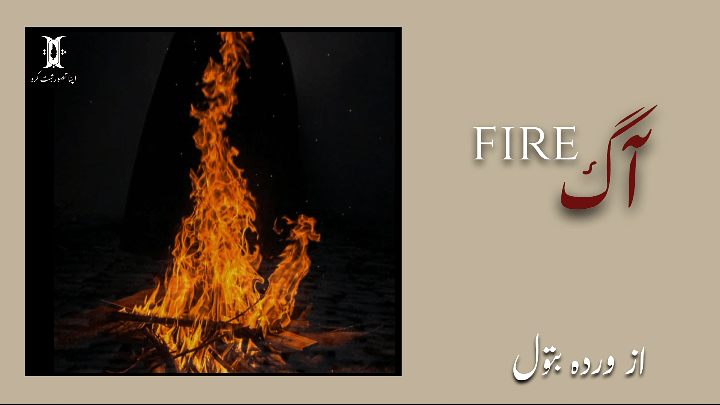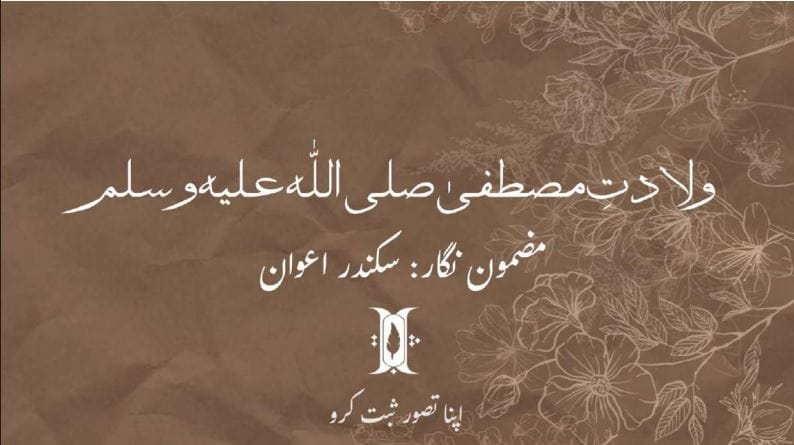What Is Flash Fiction?
What is Flash Fiction? The short definition of flash fiction is any fictional story that’s under 1,500
words long. Some journals may have a different definition of flash fiction length, but most accept
1,500 words is the standard maximum word count.
Flash fiction is also known as fast fiction, sudden fiction, postcard fiction, micro-story, nanoscale, and short, among others. So what exactly is flash fiction? In a nutshell, it simply means concise fiction. The longest flashes are generally considered to be 1,000
words, the shortest 6 words.
Flash fiction is a favored genre among the English-speaking world’s most celebrated writers for its ability to convey deep truths and universal human emotions in just a few short paragraphs. When done well, flash fiction can convey deep truths and resonate with readers from all walks of life.
What is the above Flash fiction about?
In the narrative, a ruthless individual orchestrates the tragic demise of an innocent factory worker’s family solely for personal gain. However, the wheels of karma turn swiftly, exacting a devastating toll as he ultimately suffers the loss of his own cherished family, reaping what he sowed in his callous pursuit of self-interest.
Tyrants in Islam:
In Islam, tyranny is condemned as a grave sin and a violation of the principles of justice, compassion, and mercy. The Quran and Hadith (sayings of Prophet Muhammad) emphasize the importance of treating others with fairness, kindness, and respect. Tyrants, who oppress, exploit, and inflict harm upon others, are seen as defying these fundamental teachings. Muslims are encouraged to stand against tyranny and injustice, to advocate for the oppressed, and to strive for a society based on righteousness and equity.
Punishment of tyrants on the Day of Judgement:
In Islam, tyrants who oppress and cause harm to others will be held accountable for their actions on the Day of Judgment. The Quran describes that on this day, every individual will be brought forth to stand before Allah (God) and answer for their deeds. Tyrants will face divine justice for their oppression, cruelty, and injustice inflicted upon others. Their victims will receive recompense, and the tyrants will have to answer for their misdeeds. The Quran emphasizes that no one will escape accountability on the Day of Judgment, and ultimately, Allah’s justice will prevail.
Conclusion:
In conclusion, Islam unequivocally condemns tyranny and oppression, emphasizing justice, compassion, and accountability. On the Day of Judgment, tyrants will face divine reckoning for their atrocities, while the oppressed will find solace in Allah’s ultimate justice, affirming the principle that no injustice goes unanswered in the eyes of God. It underscores the profound importance of upholding righteousness and compassion in all aspects of life, both in this world and the Hereafter.
To Read More Flash Fiction Like This



From Idea to Nation-State: The Pakistan Movement Through a Conceptual Flowchart (Blog) by Professor Tariq Mehmud